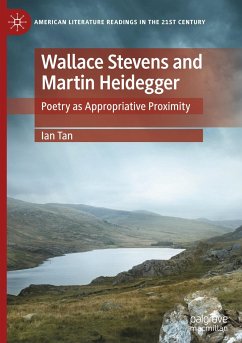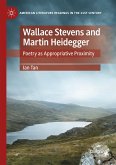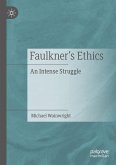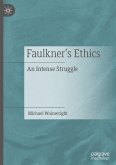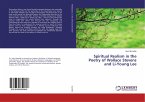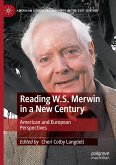This book is a unique contribution to scholarship of the poetics of Wallace Stevens, offering an analysis of the entire oeuvre of Stevens's poetry using the philosophical framework of Martin Heidegger. Marking the first book-length engagement with a philosophical reading of Stevens, it uses Heidegger's theories as a framework through which Stevens's poetry can be read and shows how philosophy and literature can enter into a productive dialogue. It also makes a case for a Heideggerian reading of poetry, exploring his later philosophy with respect to his writing on art, language, and poetry. Taking Stevens's repeated emphasis on the terms "being", "consciousness", "reality" and "truth" as its starting point, the book provides a new reading of Stevens with a philosopher who aligns poetic insight with a reconceptualization of the metaphysical significance of these concepts. It pursues the link between philosophy, American poetry as reflected through Stevens, and modernist poetics, lookingfrom Stevens's modernist techniques to broader European philosophical movements of the twentieth century.
Bitte wählen Sie Ihr Anliegen aus.
Rechnungen
Retourenschein anfordern
Bestellstatus
Storno

